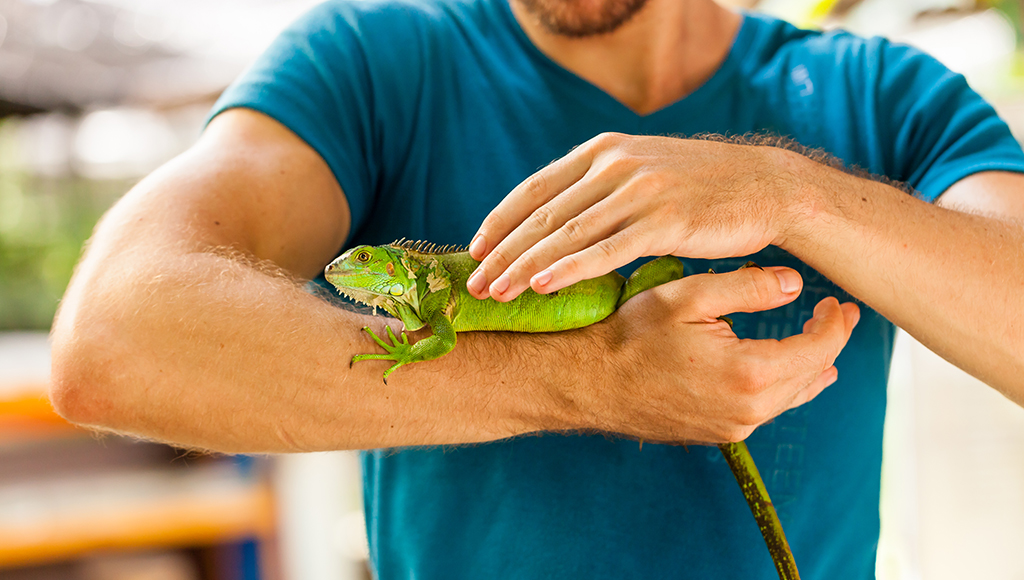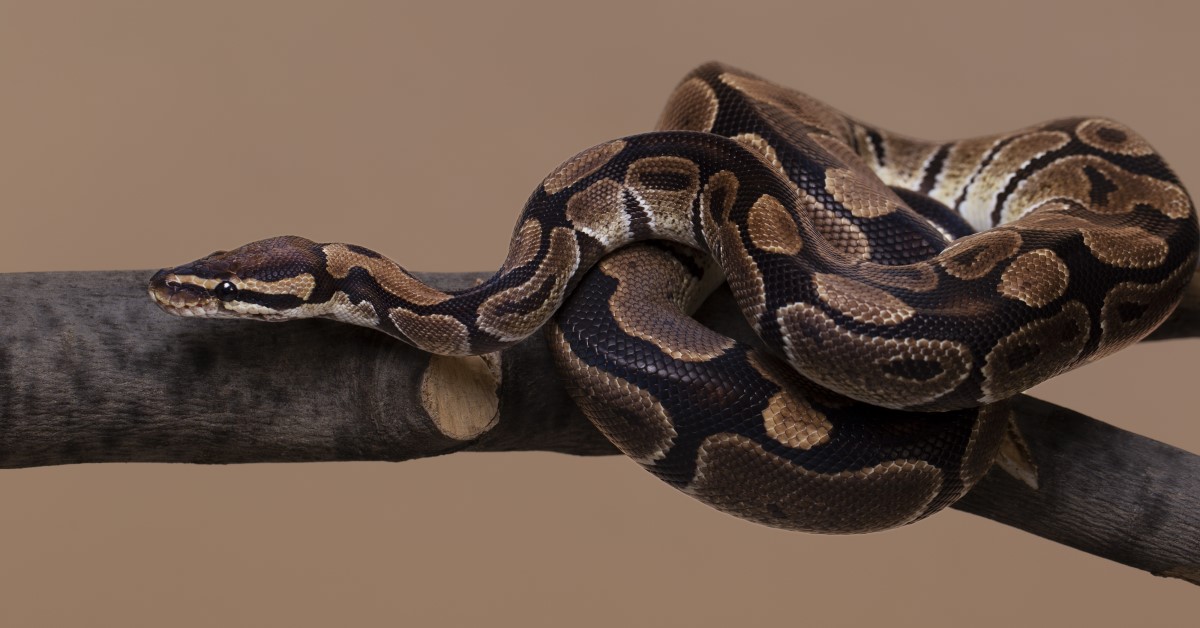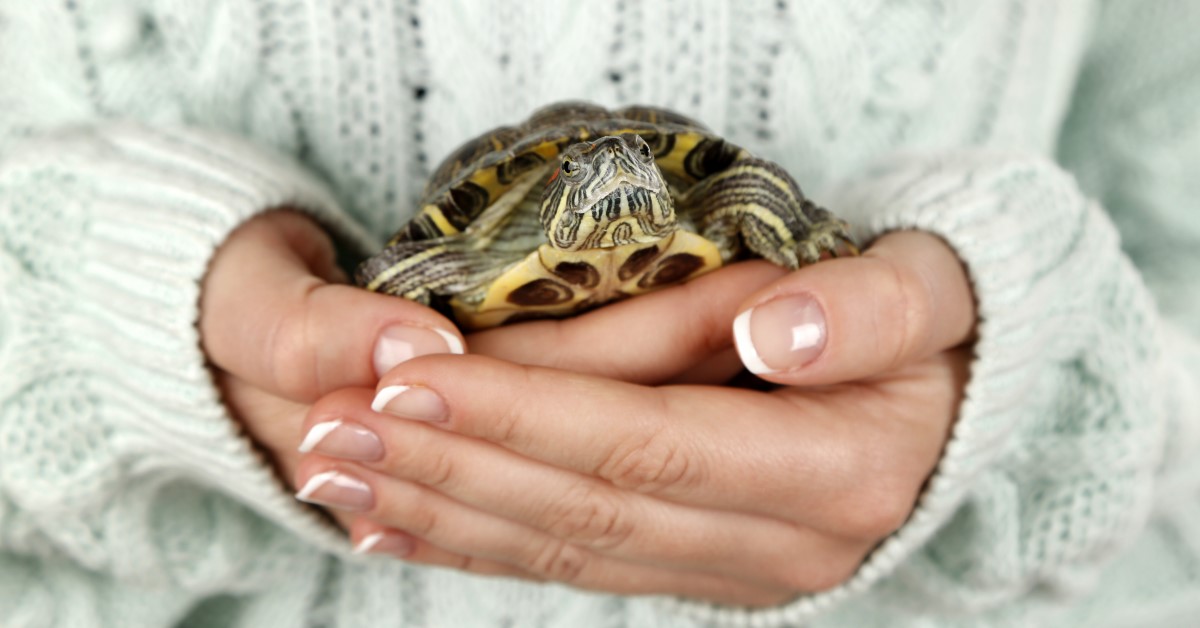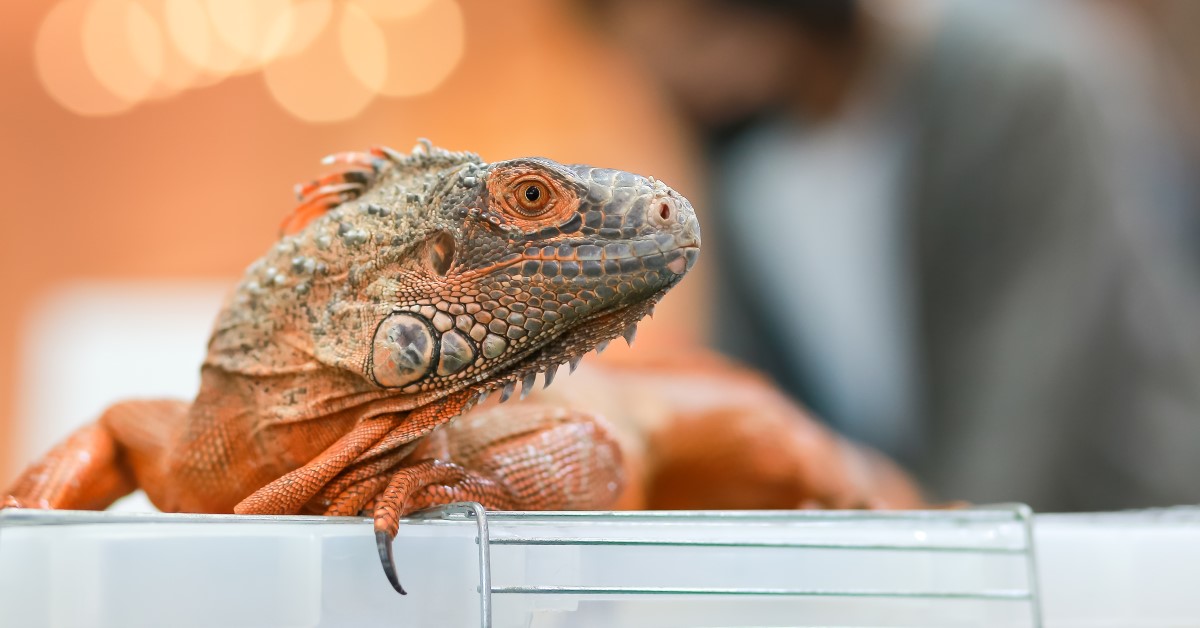Are You Really Ready For an Iguana?
It's a good idea to know the special needs and unique requirements for this type or pet before you choose it.

In the last two decades, having a pet iguana has become very popular in the US and all over the world. Caring for a pet iguana is a bit different than caring for the average cat or dog. Therefore it is a good idea to know the iguana’s habits, needs and special requirements before choosing him as your pet.
Although we are all very enthusiastic about our pets when we first get them, if we don't know what we are dealing with, we sometimes quickly become disappointed, especially when it comes to pets other than cats and dogs. Education and knowledge are the best weapons to prevent problems. It’s good to remember that an iguana is a reptile who originates in exotic and tropical habitats. His relocation to a western way of life means major changes for him, so he will require special care to help him adjust to his new and different environment and to thrive once he’s arrived.
BASIC FACTS
Iguanas can grow up to 6 feet in captivity; therefore their habitat needs to be of a substantial size. The larger iguanas can weigh up to 18 pounds, thus the reason they are sometimes referred to as “Giant Green Iguanas”. Your iguana WILL outgrow your 50-gallon fish tank, so be prepared. “Your iguana will only get as big as his environment” is an absolute myth! An iguana will require a portion of a room, or a whole room in just a few short years; so make sure you are able to provide a considerable amount of space for proper growth. Remember an iguana that is not growing is not healthy; therefore, its growth has been stunted because it has not been cared for properly.
Another important fact you should consider before buying a pet iguana, is that they can live up to 15-20 years in captivity with excellent care. This is a pretty substantial time commitment, so make sure you are willing and capable of caring for this special creature for quite some time.
Iguanas are wild animals and this is something that their owners should always remember. Even though they have become a very popular “fad” pet, they can still injure their owners if not properly handled, so it's important to keep that in mind always, no matter how long you’ve had the iguana. Adult male green Iguanas can become aggressive for a three-month period, as a result of the breeding season. Adult female green Iguanas can produce eggs even without a male present during breeding season, so be prepared to give her special care, as she could die from this.
Their price is reasonable, mostly because there are farm-raised in various parts of South America, and their health status is good as long as the conditions on the farms are good.
Green Iguanas are friendly as pets, although they do not have the same demeanor or behavior of cats and dogs. They are easy to care for though once you know the basics, and have a realistic set of expectations with this special type of pet.
PERSONALITY
Iguanas come from a hot and humid environment, therefore, they are more active during daylight hours. They can become territorial and will not hesitate to use their strong and powerful jaws, nails, or tail.
FEEDING
Despite their intimidating look, Iguanas are vegetarians, or at least should be if you want them to be with you for a long time. Green Iguanas require a highly specialized, varied all-vegetable diet. Even with the best intentions many iguanas die from poor diets, usually related to poor care or advice from the pet store. Specifications in their diet refers mostly to the avoidance of particular foods rich in toxins and acidic ingredients.
Iguanas DO NOT eat crickets or any other animal/insect protein! The pet store people can sound very convincing when they tell you that baby iguanas need crickets to grow. In fact, iguanas are not equipped to digest animal/insect protein at all. Feeding insect prey will shorten your iguana's life by many years.
Iguanas are folivore reptiles, which means that are fed with leaves; they don't chew their food but swallow it, that is why the amount and size should always be small. They are known not to be able to process complicated foods so do not try to give them “people” food. Veggies and greenery is needed, but in any case consult with an veterinarian that specializes in “exotics” to know the exact amounts and kinds of foods you’ll need to feed your iguana to maintain optimal health.
Iguanas need water to survive and should have it readily available. Iguanas obtain most of their water intake through the plant matter they consume, however, some iguanas enjoy drinking out of water dishes, or lapping water off leaves or wood in the cage.
CREATING A HEALTHY HABITAT
A juvenile iguana can reside in a 30-50 gallon aquarium, however, their rapid growth will cause them to outgrow this enclosure by the end of the first year. If you cannot devote a lot of space to a large cage, or provide a lot of free roam space, then you really should consider getting a smaller pet.
SIZE: An iguana enclosure should be at least twice the length of the iguana and should be tall. Six feet is the minimum habitat height recommended. Iguanas are arboreal (tree climbing) and feel most comfortable up high. The width of the cage should be at least half your iguana's length. The bigger the cage, the better off your iguana will be. Not only does an inadequately sized enclosure stress an iguana out, but iguanas that are kept in too-small cages injure themselves fighting the cage. Nose wounds and broken claws indicate that the iguana has been scratching at the cage walls or door or rubbing its nose along the glass or screen, trying to find a way out. Cages that are too small also limit the iguana's movement and climbing ability. Weakness in the muscles often results from lack of climbing exercise.
SUBSTRATES: Different Reptiles will have different needs as far as bedding is concerned. With all reptiles ingestion is a big concern, so the bedding has to be digestible if it is particulate (made up of tiny pieces). Arboreal lizards such as Iguanas spend so little time on the ground that it hardly matters what is on the ground as long as it is digestible or large enough so as not to be ingested. With small lizards there is always the fear of impaction (sand can be a big problem here). There are many substrates out there to choose from. Use common sense when choosing and keep an eye on the inhabitant of the cage and you should be okay. Just ask yourself, “Will the pieces fit comfortably in the iguana’s mouth and move easily through their tiny digestive tract?”
Some available substrates are:
- Newspaper - unsightly but easy to clean up and healthy as most newspaper ink is soy based.
- Shredded paper towels - unsightly but easy to clean. Just throw out the soiled pieces and add fresh ones.
- Cypress Mulch - excellent and non-toxic and the pieces are large enough NOT to be ingested. It holds moisture well and is naturally bug resistant.
- Aspen Bedding - Is noted to be digestible if eaten in small amounts. It has a nice texture and isn’t too dusty. You can easily scoop out waste and iguanas like to tunnel or burrow in it.
Do not use the following:
- Pine Shavings - can be toxic, and gives off fumes that may be harmful.
- Cedar Bedding - extremely toxic to reptiles and will kill them.
- Corncob Litter - indigestible and too large to pass through intestine safely. It also swells with moisture so can cause impaction rapidly.
- Crushed Walnut Shells (sometimes marketed as “Lizard Litter”) - indigestible and can get lodged in animal’s intestines.
TEMPERATURE AND HUMIDITY: Iguanas are supposed to live in warm environments, because that helps them in their digestion and overall well being. It is very important to provide them with the proper warmth by providing heating devices designed specifically for iguanas. Their habitat has to be warm and also humid, so you need to adjust the quantity of water and heat.
Iguanas require high humidity as well as high temperatures in their environments. One of the most common problems seen in captive iguanas is dehydration. Iguanas don't seem to be programmed to drink very much, perhaps because in their native habitat there is sufficient humidity in the air and moisture in their food to keep them hydrated. Chronic dehydration taxes the kidneys, and can contribute to kidney failure at fairly young ages. For this reason, it is important to provide your iguana with a humid environment. High humidity also helps loosen shedding skin, which makes the shedding process easier and helps prevent retained shed. Humidity levels in your iguana's environment should be 65-75%.
Along with the right lights and proper temperatures, you'll need to provide humidity for your iguana. You can do this by having a large bowl of fresh water in the habitat and spraying your iguana and the habitat a few times every day. You can do this with a spray bottle that you can buy at most stores. Make sure that you don't spray just before the lights go out every night. The water you spray during the day will evaporate in the high temperatures, helping to create a humid habitat.
Your iguana will enjoy a bath too. You should do this as often as possible. You can do this in a bathtub or large container filled with water. Don’t use soap, and make sure the water is warm, but not hot. Fill the tub or container with just enough water so your iguana can still stand and not have it’s head under water. Let your pet soak in the water for a half hour or so, adding a bit more warm water a few times to make sure he doesn’t get too cold. Giving your iguana a bath often will help him when he needs to shed. Also, remember to stay with your iguana when bathing him. Do not leave him unattended.
LIGHTING: Iguanas must have a source of UVA and UVB light! UVA stimulates natural behaviors by providing a component of natural sunlight. UVB is important to iguanas for another reason. Without it, their bodies cannot manufacture vitamin D3 or properly metabolize calcium. Iguanas that are deprived of proper UV lighting suffer from a disease called “Metabolic Bone Disease (MBD)” which is unfortunately very common in captive iguanas. MBD causes weak bones, jaw and bone deformities and early death.
The very best source of UV light is the sun. Allowing your iguana to bask in the sun on a regular basis will provide it with the necessary amounts of natural UV it needs. The general rule is - the more real sun your iguana has access to, the better off it will be. Glass and plastic filter out the UV components of sunlight. It is for this reason that you cannot just set your iguana in front of a closed window in the sun. The window’s glass filters out most of the UV, which is the element he needs most to produce vitamin D3. He may enjoy being placed in front of a sunny window, but he will not reap the benefits of it.
An additional source of light needs to be added to his cage. You can find special fluorescent UV bulbs in pet stores that specialize in reptiles. Do not make the mistake of thinking that if you give your iguana a daily dose of “real” (unfiltered) sunlight, that he will not need additional cage lighting. Because your iguana requires large amounts of UV, he will require special lighting to help ensure he is getting enough on a daily basis to remain healthy and to thrive. Additional lighting provides added heat which is also essential to your pet’s health and well-being.
CLIMBING
Iguanas like to climb. It is necessary to keep their muscles limber and strong and it is one of their strongest instincts and personality traits. When preparing your pet iguana’s new cage, make sure you provide your iguana with climbing materials such as branches, pieces of bark, rocks, broad limbs, or drift wood.
Ready to start saving money on pet wellness care?
Then take a look at Mint Wellness, the pet wellness plan that provides fast reimbursement on routine pet care. Save on vaccinations, wellness exams, preventatives, dental, and more!
Learn More


